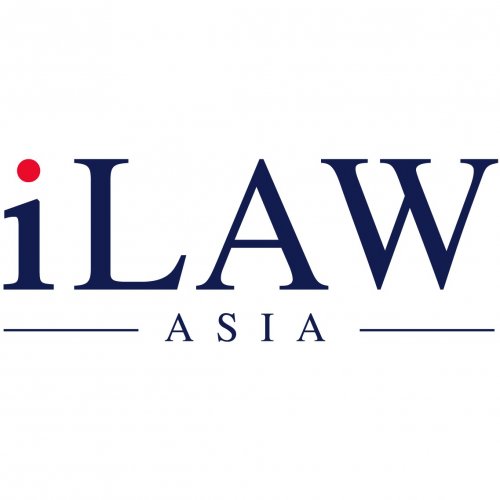Best Communications & Media Law Lawyers in Yangon
Share your needs with us, get contacted by law firms.
Free. Takes 2 min.
List of the best lawyers in Yangon, Myanmar
About Communications & Media Law in Yangon, Myanmar
Communications & Media Law in Yangon, Myanmar involves the regulation and enforcement of legal conduct in all forms of media - television, radio, print and digital. Considered as part of the wider category of Intellectual Property Law, it includes laws about defamation, privacy, advertising, censorship, and issues pertaining to the internet, telecommunications, and broadcasting. It is a dynamic and rapidly evolving field due to the fast-paced nature of technology.
Why You May Need a Lawyer
Legal advice in Communications & Media law could be needed for a range of issues. This might include understanding obligations and compliance with the local media and communications laws, representation in defamation cases, understanding copyright and intellectual property rights, or assistance with the legal aspects of content creation and distribution. Businesses often require assistance in complying with advertising and regulatory standards. Individuals may need legal aid regarding privacy issues, addressing defamation or managing other disputes related to media content.
Local Laws Overview
The Communications and Media law in Myanmar is administered by the Ministry of Transport and Communications and regulated by laws such as the Telecommunications Law, Broadcasting Law, and Online Privacy Law. The country also has regulatory bodies like the Posts and Telecommunications Department and the Myanmar Communications Commission monitoring the sector. However, media law in Myanmar is still developing and has been a subject of international scrutiny, particularly regarding issues such as freedom of expression and censorship.
Frequently Asked Questions
What is the Telecommunications Law?
The Telecommunications Law governs the telecommunications industries, ensuring compliance with regulations and policies aimed at promoting competition and consumer protection.
What is considered defamation under Myanmar law?
Defamation is the communication of false information which harms the reputation of an individual or a group. It is considered a crime under Section 500 of the Myanmar Penal Code.
What is the legal stance on freedom of expression and censorship?
The freedom of expression and the press is a contested issue in Myanmar. Although these freedoms are constitutionally guaranteed, they are often outweighed by other laws, such as those concerning defamation or national security.
Who regulates advertising in Myanmar?
Advertising in Myanmar is governed by both the Consumer Protection Law and the Food and Drug Administration Department, which regulate the labelling and advertising of products and services.
Can I use a trademark registered in another country in Myanmar?
A trademark registered in another country is not automatically protected in Myanmar. You can, however, apply to register a trademark in Myanmar regardless of whether it is registered elsewhere.
Additional Resources
The Ministry of Transport and Communications is a key resource for understanding the broader communications and media landscape. The Myanmar National Human Rights Commission can provide guidance on issues around censorship and freedom of expression.
Next Steps
If you require legal assistance in Communications & Media Law, it is advisable to consult with a lawyer who specializes in this field in Myanmar. They will be able to offer advice and representation tailored to the unique local context and will ensure you are fully apprised of your legal rights and obligations.
Lawzana helps you find the best lawyers and law firms in Yangon through a curated and pre-screened list of qualified legal professionals. Our platform offers rankings and detailed profiles of attorneys and law firms, allowing you to compare based on practice areas, including Communications & Media Law, experience, and client feedback.
Each profile includes a description of the firm's areas of practice, client reviews, team members and partners, year of establishment, spoken languages, office locations, contact information, social media presence, and any published articles or resources. Most firms on our platform speak English and are experienced in both local and international legal matters.
Get a quote from top-rated law firms in Yangon, Myanmar — quickly, securely, and without unnecessary hassle.
Disclaimer:
The information provided on this page is for general informational purposes only and does not constitute legal advice. While we strive to ensure the accuracy and relevance of the content, legal information may change over time, and interpretations of the law can vary. You should always consult with a qualified legal professional for advice specific to your situation.
We disclaim all liability for actions taken or not taken based on the content of this page. If you believe any information is incorrect or outdated, please contact us, and we will review and update it where appropriate.








